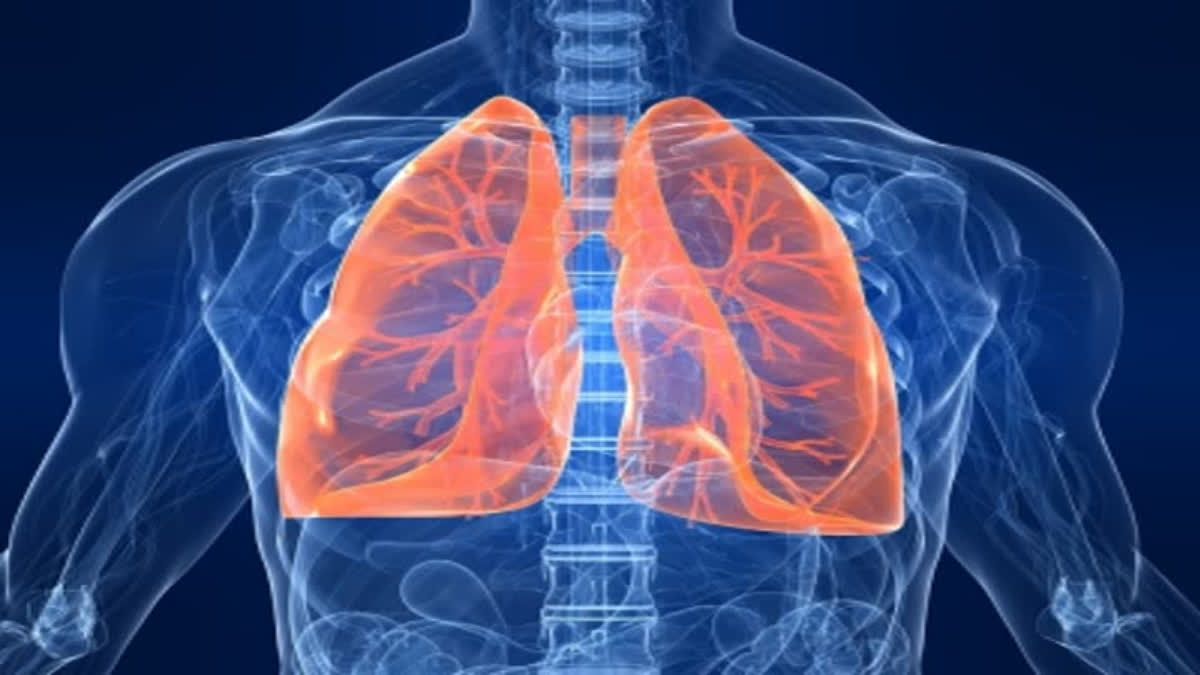London: One-fourth or 25 per cent of patients who had even mild Covid infections continued to suffer from lung damage, a year later, according to a study.
There is increasing data that show a persistently impaired pulmonary function upon recovery after severe infection. Little is known however about the extent, recovery and determinants of pulmonary impairment across the full spectrum of Covid-19 severity over time. To determine, researchers from the University of Amsterdam, measured the pulmonary function of 349 participants until one year after disease onset.
Between May 2020 and December 2021, 301 of 349 participants underwent at least one pulmonary function test. After one year of follow-up, 25 per cent of the participants had an impaired pulmonary function which translates into 11 per cent, 22 per cent, and 48 per cent of the participants with mild, moderate and severe/critical Covid.
Improvement among the participants continued over the period of one, six and twelve months. Being older, having more than three comorbidities and initial severe/critical disease were associated with slower improvement of pulmonary function over time. The conditions improved over time and at 12 months were comparable to individuals without impaired pulmonary function.
"Our findings indicate that one-fourth of patients still have impaired the single-breath diffusing capacity 12 months after infection," the researchers said. "The prevalence of impaired pulmonary function after twelve months of follow-up was still significant among those with initially moderate or severe/critical Covid-19. Pulmonary function increased over time in most of the severity groups," the researchers added.
Also read: Dementia risk is linked with size of white blood cell telomeres: Study
"These data imply that guidelines regarding revalidation after Covid-19 should target individuals with moderate and severe/critical disease severities," they added in the paper published in the journal PLOS One.
The association between the severity of Covid-19 and restrictive pulmonary function has also been observed in previous studies with follow-ups of up to one year. Over 12 months of follow-up, an ongoing improvement in pulmonary function was observed in the severe/critical disease severity group. In the moderate disease severity group this improvement in pulmonary function began to wane after the first 12 months for individuals.
"This warning is likely the result of less involvement of the lower respiratory tract and thus less damage of the lung parenchyma during the acute phase of the disease in mild and moderate disease severities," the team said.
Also read: The Silent Threat: Gingivitis and Its Impact on Oral Health



